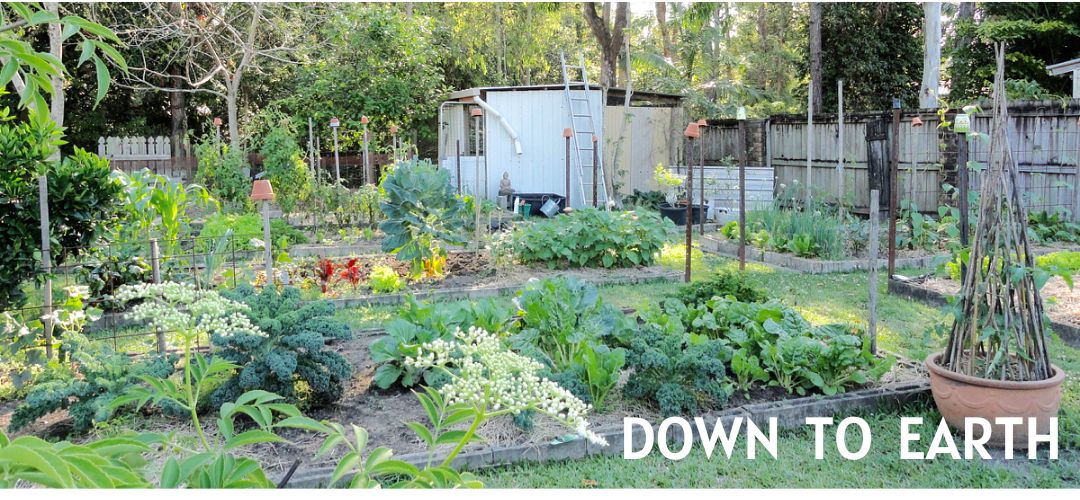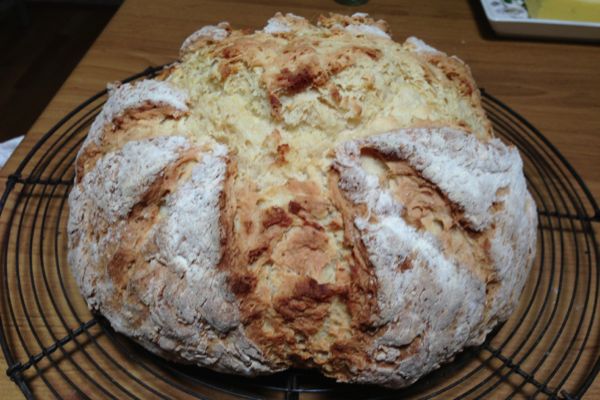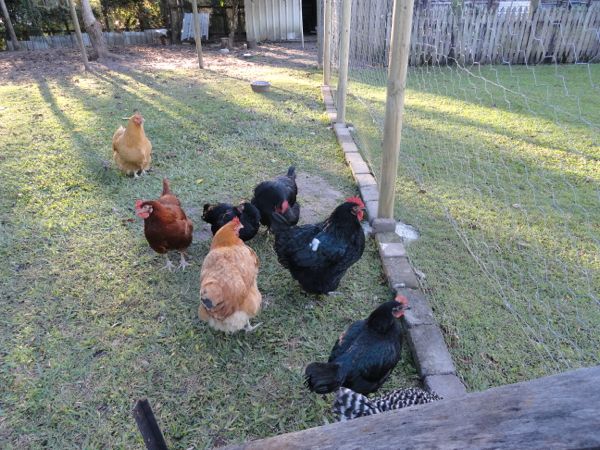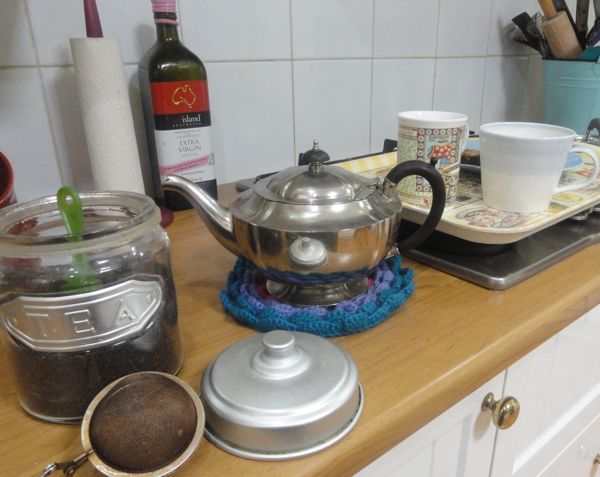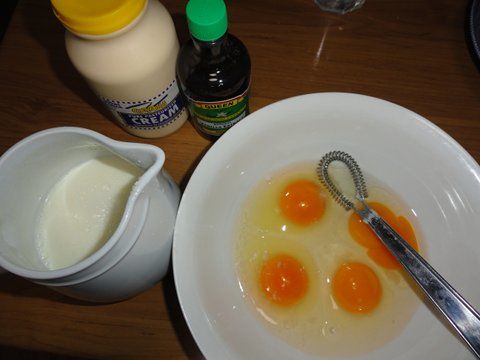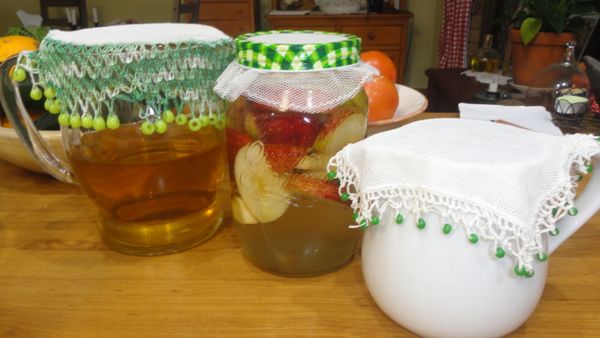One thing I really love about the simple life is that it encourages me to slow down and be mindful. I've stopped working on automatic plot and multi-tasking and now I concentrate on what I'm doing. Focusing on my work has its own way of slowing me down. I don't think about what I'll do when I finish, I don't think about tonight or tomorrow, my mind slows right down and it's just me in a room with what I'm doing. I feel in control, enjoy the work and when it's finished, I have a feeling of satisfaction and achievement.
I can slot house work in with my paid work better, if I work to a routine. I find that if I set myself up with a couple of easy daily chores early in the morning, it seems to keep me going the entire day. If I don't do those two set things, I flounder, going from this to that and not quite doing anything well. What is working well for me at the moment it to have a pencil and paper next to the computer when I write my morning post. As I think of them, I create a list of tasks that I want or need to do that day. If I don't finish my list, it's fine, they just get added to the following day's list. But there is always one constant, I always start my day with those two easy tasks - I make the bed and I get bread on the rise. When those two things are complete, I know I've set my day up well and the flow of my list directs me throughout the day.
I can slot house work in with my paid work better, if I work to a routine. I find that if I set myself up with a couple of easy daily chores early in the morning, it seems to keep me going the entire day. If I don't do those two set things, I flounder, going from this to that and not quite doing anything well. What is working well for me at the moment it to have a pencil and paper next to the computer when I write my morning post. As I think of them, I create a list of tasks that I want or need to do that day. If I don't finish my list, it's fine, they just get added to the following day's list. But there is always one constant, I always start my day with those two easy tasks - I make the bed and I get bread on the rise. When those two things are complete, I know I've set my day up well and the flow of my list directs me throughout the day.
I still work for money but it's at a much slower pace now. I work from home, writing books, blogging and organising talks and workshops when the need arrises. The rest of the time I tend my home, look after my husband, myself and occasionally our grandson, and home produce as much as I can. I cook too. I bake, cook from scratch every day, make drinks, ferments and preserves. I look for new horizons so my work remains interesting. My biggest challenge at the moment is to increase my knowledge about food storage and to cut down on food and water wastage. But that's a story for another time.
So all through the day, I wash up, cook, bake, sweep and wipe, set the table, look after who ever is here, take breaks, sit and knit, or read and think, and all that is done around my writing work. One thing flows into the other, I don't feel pressured, I get work done and at the end of the day, I have a few pages to edit and edit again. Working in this way, I've been able to continue working in a commercial sense as well as feel like a full-time homemaker.
So all through the day, I wash up, cook, bake, sweep and wipe, set the table, look after who ever is here, take breaks, sit and knit, or read and think, and all that is done around my writing work. One thing flows into the other, I don't feel pressured, I get work done and at the end of the day, I have a few pages to edit and edit again. Working in this way, I've been able to continue working in a commercial sense as well as feel like a full-time homemaker.
Do you feel what I feel or do you struggle with your work?
